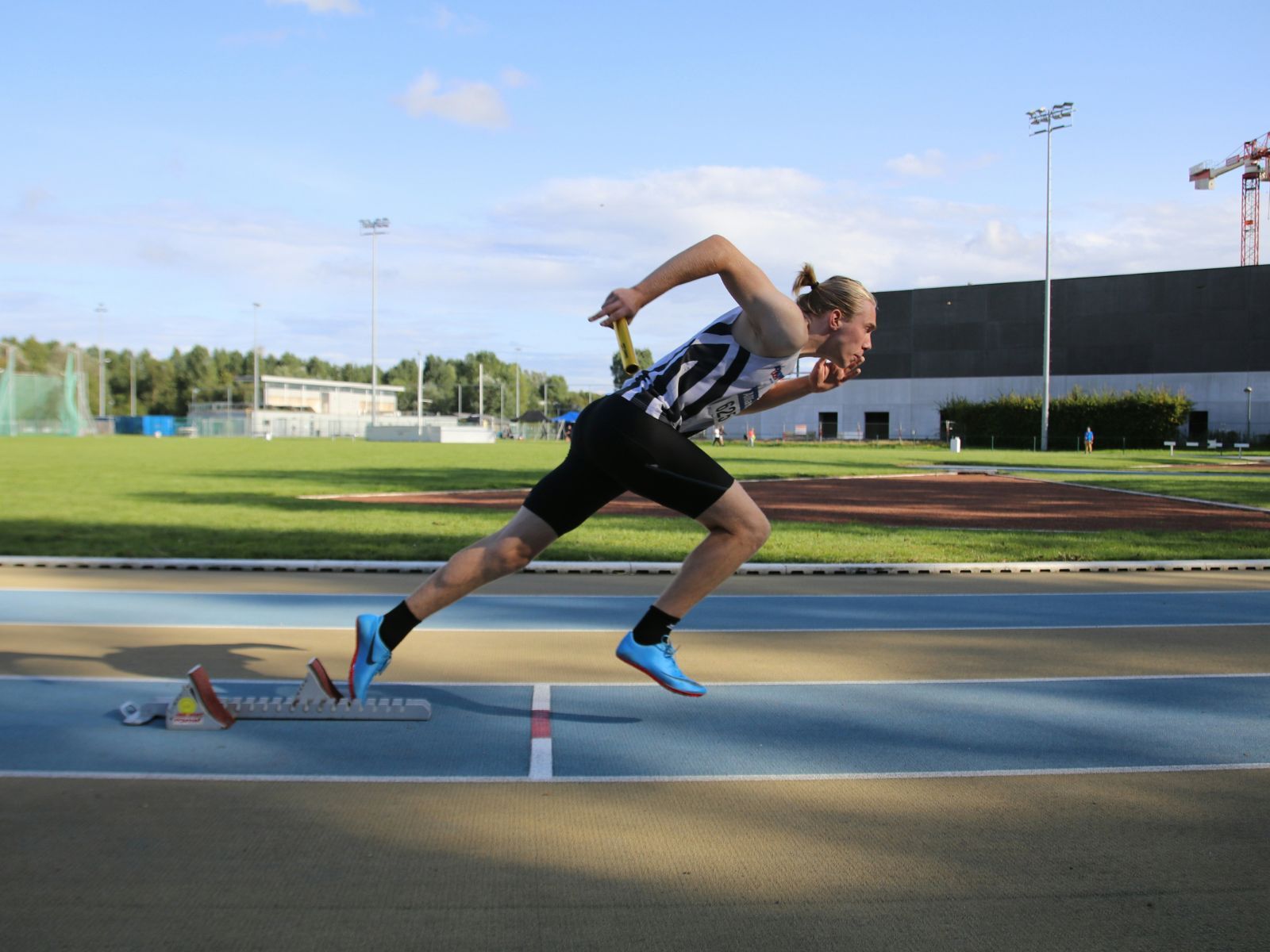Running is a wonderful sport that has too many benefits to name. From building strength to improving your overall health, running is a go-to for many. It’s so easy to start doing as well. But when you think of running, you might just imagine light running or jogging, not a full sprint. But then, of course, we have to ask, how fast can humans run?
The common answer to the fastest animal in the world is a cheetah, reaching speeds as high as 75, however, it’s actually a peregrine flacon, with flight speed as high as 242 miles per hour. So let’s dive into how fast can humans run, and who was the one to achieve this insane speed.
Related: What Is the Rarest Animal in the World?
How Fast Can a Human Run?
The record speed that a human achieved was 27.78 miles per hour, or 44.72 kilometers an hour, which was measured between meter 60 and meter 80 of the 100-meter sprint. This was achieved at the 2009 World Championships in Athletics by Usain Bolt.
For women, Florence Griffith-Joyner has held the world record for fastest women for more than 30 years since July 16, 1988. She ran the 100-meter dash in 10.49 seconds at the U.S. Olympic Trials in Indianapolis, Indiana.
Compare to the Average Human
Now that we know how fast can humans run, how do these speeds compare to the average human or animal? While humans are not as fast as some of the fastest animals in the world, they are capable of exceptional endurance compared to them.
For example, while the fastest man has an average speed of 23.35 miles per hour, the average man goes about 5.9. And for women, the fastest average is 21.32 miles per hour, while the average woman runs around 5. In comparison, cheetahs, as mentioned, average about 70 miles per hour, with horses averaging 40, bears averaging 30, and dogs averaging 20.
Factors in Speed?
But what if you want to run faster? Most of us just want to improve from our last mile time, but now that you know how fast can humans run, you might want to work towards beating those records. So what affects the speed that we run though? What can you do to run faster?
First, your shoes of course are one of the many reasons that you could be running faster or slower. Having lightweight shoes that still provide comfort and support to prevent injury is crucial. Certain shoes have been proven to improve speed for both men and women.
Your weight is another factor. The more you weigh, the more energy it takes to propel you forward, which can affect your peak time. This has to do with gravity and the energy it takes to raise a leg and push it forward. While running helps promote weight loss, this is still a factor to keep in mind. Your clothes can also affect your weight. The more clothes that you’re wearing, especially the material they’re made out of, can make you weigh more as well.
And lastly, your overall strength and endurance. If you haven’t trained and haven’t achieved a level of strength, you won’t have the energy to reach high speeds. Training usually involves bodyweight exercise, weight training, and other intense workouts.
Tips to Run Faster
Learning to pick up your pace is a great start to working on your sprint. Explore how fast can humans run by training like the ones that created the records. Run more often, work on your form, increase your stride turnover, and strengthen your body and core. These are just a few tips to improve your running pace, which will overall improve your speed.
But it’s not just on the treadmill or track that you should focus on your improvements. Your overall health should be a priority as well. Stretch often, make sure you’re sleeping properly and enough and make sure to rest between training so your body doesn’t get overworked. These are just a few examples of how you can train your body to run faster and for a longer period of time.
Check Out: Strangest Super Bowl Facts From NFL History
Conclusion
Now that we know just how fast can humans run, and how it compares to the average human and animals, it’s interesting to see who else will come around to break these records and their process in achieving those goals.
People like Usain Bolt and Florence Griffith-Joyner are some of the fastest humans, and they’ve brought interesting conversations to running, like what it takes to reach these speeds. With enough training, your name might even be at the top of the charts as well.
